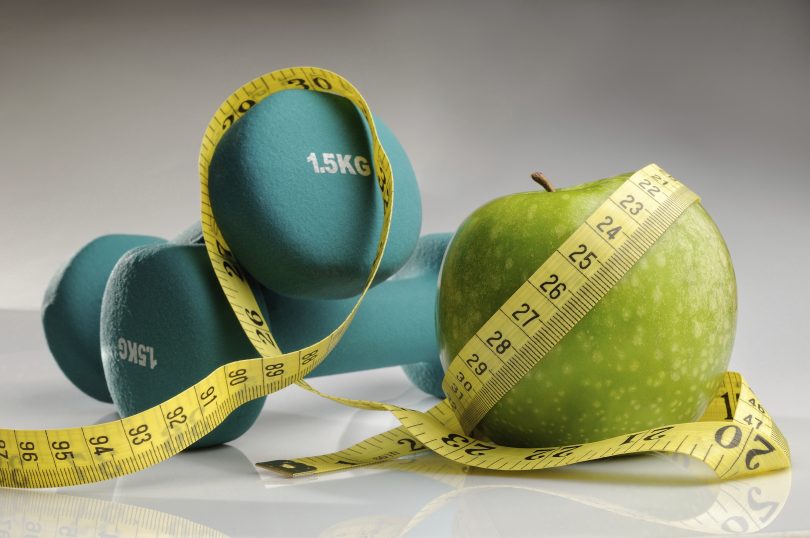Recording and reviewing food intake and physical activity are important strategies for weight loss. Good old-fashioned paper and pencil work well. Even a small notebook with scraps of paper or napkins taped in can do the trick. My tech-savvy patients enjoy apps for their smartphones. I say choose the method that suits your style.
But – and this is a big but – I am no fan of the food and activity tracking apps that give the user bonus calories for physical activity. Now, I do believe that we need to fuel our exercise. Often athletes and serious exercisers skimp on food in an effort to lose weight, and in the process, they burn out or under-perform. But I am talking about the average person who wants to lose weight. This person can open the app at any time during the day to see the calories he or she is “allowed” to eat. Want to eat more? No problem. Just take a walk around the block. Not hungry? Well, it’s okay to eat anyway because the app says that you have additional calories to consume.
There are several problems here:
- An app should not be telling you how much to eat. If you need help beyond listening to your hunger cues, a registered dietitian nutritionist can help. He or she will help you tailor your eating to your own unique needs. An app can’t do that.
- We should exercise for the health of it and for the way it makes us feel – not so we can eat more.
- Apps and mathematical formulas can only estimate your calorie expenditure. They can be way off giving you a false sense that you can eat extra without hindering your weight loss goals.
- When you add exercise calories directly into the app, you are probably putting in too many. Even if you sat in a chair for an hour, you would have burned calories. When you add in an hour of stationary biking, you’re not likely accounting for the calories you would have burned had you not gone to the gym. In other words, you’re adding the calories for simply breathing and existing twice.
Keep monitoring your behaviors. It’s an important key to weight loss. And exercise for the sake of exercise. We have to exercise A LOT to lose weight. Research suggests that exercise becomes more critical to maintain a weight loss.
My colleague Ruth Ann Carpenter, MS, RD describes it well. She says, “Weight is lost in the kitchen, and weight loss in maintained on the sidewalk.”
So, what are your strategies for weight loss?

